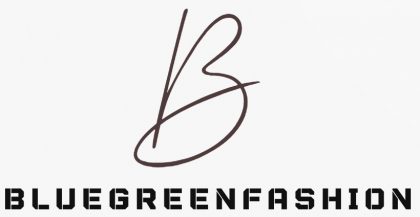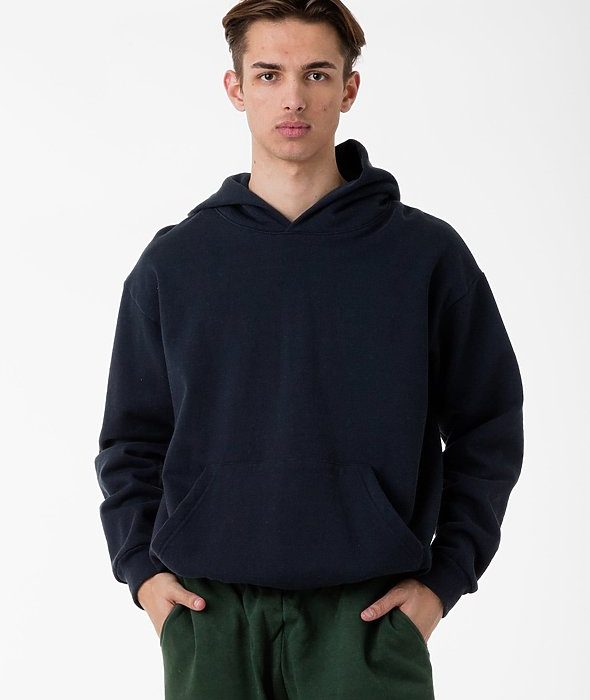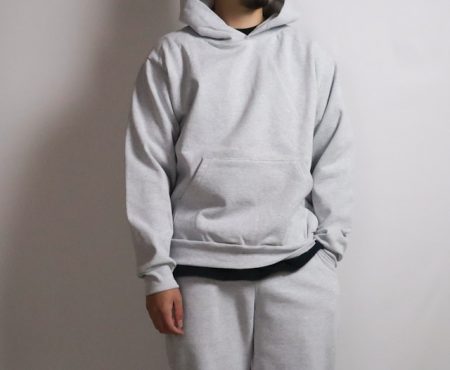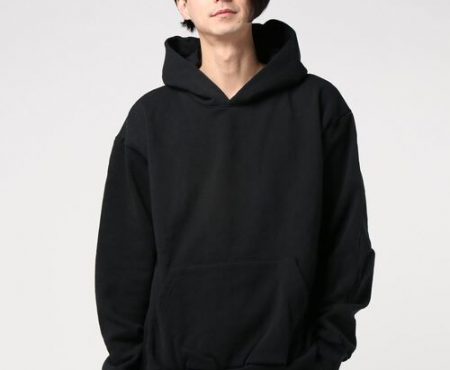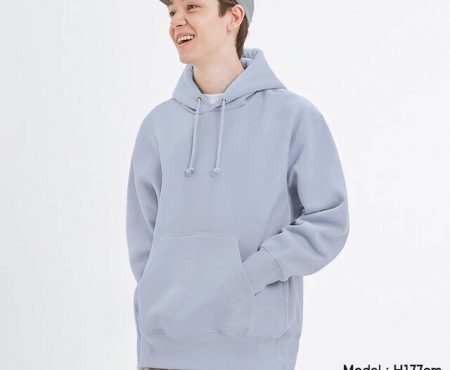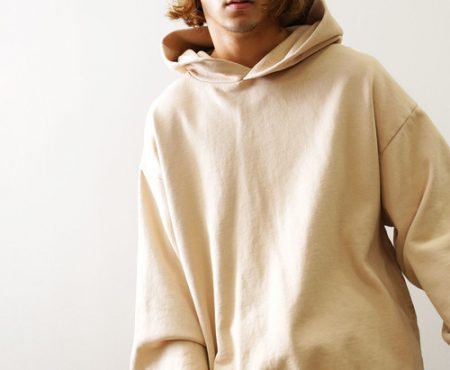In a world where fashion trends change at a rapid pace and clothing is often produced with little regard for its environmental and social impact, the concept of ethical fashion has emerged as a powerful movement. Ethical fashion encourages consumers to make conscious choices that prioritize sustainability, social responsibility, and transparency in the production process. In this comprehensive guide, we delve into the principles and practices of ethical fashion, empowering you to make informed and impactful decisions when it comes to your apparel choices.
Understanding Ethical Fashion
Ethical fashion goes beyond aesthetics and style; it encompasses the entire lifecycle of a garment, from its design and production to its disposal. It aims to minimize harm to the environment, uphold fair labor practices, and promote social well-being. Ethical fashion seeks to create a positive impact on the planet and the people involved in the fashion supply chain, ensuring that clothing is made in a way that respects both humanity and the Earth.
Embracing Sustainable Materials
One of the cornerstones of ethical fashion is the use of sustainable materials. Traditional fashion production often relies on resource-intensive materials like conventional cotton and synthetic fabrics. Ethical fashion, on the other hand, prioritizes materials that have a lower environmental footprint, such as organic cotton, Tencel, and recycled fibers. These materials are grown or manufactured using eco-friendly processes, reducing water consumption and pollution.
Supporting Fair Labor Practices
Ethical fashion advocates for fair and safe working conditions for the individuals involved in garment production. This includes ensuring fair wages, reasonable working hours, and a safe work environment. By choosing brands that prioritize fair labor practices, you contribute to the well-being of garment workers and support the fight against exploitative labor practices that persist in the fashion industry.
Prioritizing Transparency and Accountability
Transparency is a key component of ethical fashion. Brands that are committed to ethical practices provide information about their supply chain, sourcing practices, and production methods. This transparency allows consumers to make informed decisions and hold brands accountable for their actions. Look for brands that openly share details about their manufacturing processes and demonstrate a commitment to ethical values.
Minimizing Waste and Supporting Circular Fashion
Ethical fashion promotes the reduction of waste and encourages a shift towards circular fashion. Circular fashion emphasizes recycling, upcycling, and extending the lifespan of clothing items. Brands that embrace circular fashion create products that can be easily repaired, recycled, or repurposed, minimizing the impact of fashion on landfills and reducing the need for constant production of new garments.
Choosing Quality Over Quantity
Ethical fashion encourages a shift away from fast fashion’s disposable mindset. Instead of purchasing numerous low-quality items, opt for fewer, high-quality pieces that are built to last. Investing in timeless, well-made clothing not only contributes to a more sustainable wardrobe but also saves you money in the long run.
Exploring Second-Hand and Vintage Shopping
Second-hand and vintage shopping are excellent ways to support ethical fashion. These options extend the lifecycle of clothing, reducing the demand for new production. Vintage pieces offer unique and timeless styles, allowing you to express your individuality while reducing your environmental footprint. By shopping second-hand, you contribute to the circular fashion economy and promote the reuse of clothing.
Educating Yourself and Advocating for Change
Becoming an advocate for ethical fashion involves educating yourself about the issues and sharing your knowledge with others. Stay informed about the latest developments in sustainable and ethical practices within the fashion industry. Engage in conversations about the importance of ethical fashion and encourage friends and family to make conscious apparel choices as well. By raising awareness and supporting ethical brands, you contribute to a larger movement for positive change.
In conclusion, ethical fashion is a transformative movement that invites consumers to reconsider their relationship with clothing and make conscious choices that align with sustainability, social responsibility, and transparency. By embracing sustainable materials, supporting fair labor practices, prioritizing transparency, minimizing waste, choosing quality over quantity, exploring second-hand options, and educating yourself and others, you can become a catalyst for change in the fashion industry. Ethical fashion empowers you to make a meaningful impact, not only through your individual choices but also by contributing to a more just and sustainable future for fashion.
